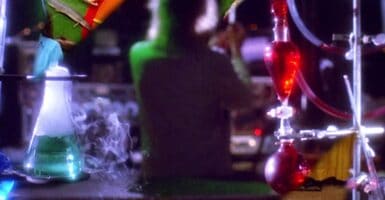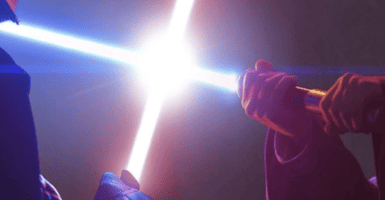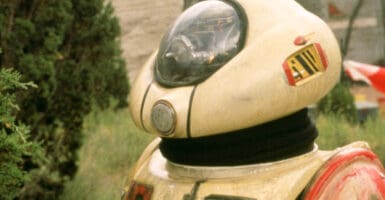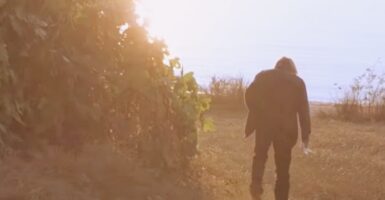How Robin Williams Helped Schindler’s List Get Made
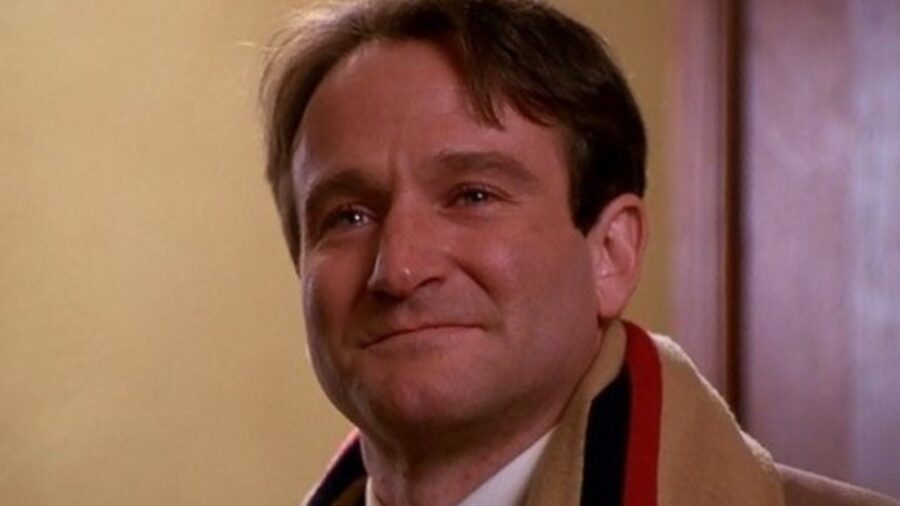
During the making of Schindler’s List, Robin Williams called Steven Spielberg to help him manage the stress of making the film. The process of making the Holocaust passion project was deeply grueling for the director. Only Film Media shared on Twitter that the comedian was a lifeline for him throughout the production.
Exploring and connecting with his own Jewish heritage and the horrors of the Holocaust through the making of Schindler’s List was deeply traumatic for Spielberg and his friend Robin Williams offered what he could to help him through—the gift of laughter.
Released in 1993, Schindler’s List is considered one of the greatest films of all time and, even though he did not appear in it, Robin Williams’ contribution to its making cannot likely be underestimated. A deeply personal project for Spielberg, the black-and-white World War II epic tells the harrowing tale of a German manufacturer, Oskar Schindler (Liam Neeson) who used his factory as a sanctuary for Jewish adults and children, giving them work and saving them from the concentration camps.
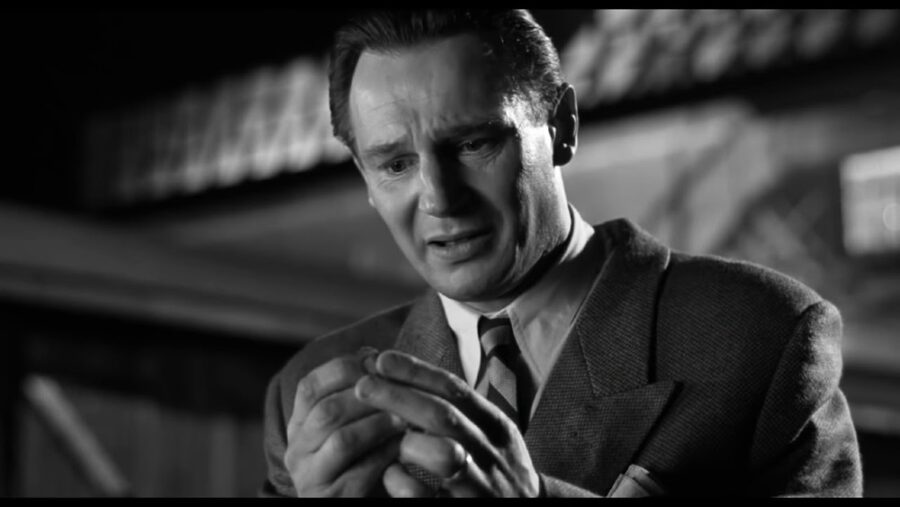
Its unblinking look at the horrors of those camps and the atrocities committed by Nazis during that time were incredibly difficult for the legendary director to live with on a daily basis.
Exploring and connecting with his own Jewish heritage and the horrors of the Holocaust through the making of Schindler’s List was deeply traumatic for Spielberg and his friend Robin Williams offered what he could to help him through—the gift of laughter.
Williams had starred as Peter Banning, aka Peter Pan, in Spielberg’s 1991 film Hook, which tells the story of a grown-up Peter Pan who has left Neverland and forgotten his childhood. That story could hardly be farther from the real-world tragedies depicted in Schindler’s List.
Robin Williams was well aware of the physical, psychological, and emotional toll the making of this film would have on Spielberg and offered to help his friend make it through. Amazingly, it was released only months after one of Spielberg’s biggest blockbusters, Jurassic Park, which came out in June of 1993.
Robin Williams also had an incredible range as an artist, delving into dramatic roles as early as The World According to Garp in 1982 and later exploring many complex characters in films like One Hour Photo and Insomnia.
The two films releasing in the same year show the broad contrast between the different sides of Spielberg’s career and demonstrate what a huge leap in his body of work Schindler’s List represented.
The story is so heavy, but its purpose is hopeful and humanizing, making Robin Williams—a comedian well acquainted with grief—a perfect salve for the long, arduous days involved in filming.
Williams also had an incredible range as an artist, delving into dramatic roles as early as The World According to Garp in 1982 and later exploring many complex characters in films like One Hour Photo and Insomnia that showed his ability to explore the darker regions of the human psyche. In many ways, it was that deep emotional intelligence that allowed him to bring joy to such a wide audience.
He did on the phone with Steven Spielberg what he always did with all of us—he connected with our essential humanity in a way that lifted us up.
Robin Williams’ involvement in Schindler’s List reflects one of his films that bridges the gap between drama and comedy, Patch Adams, in which he plays a real-life physician who used comedy and laughter as a way to bring healing. The film emphasizes bringing joy to people in the midst of suffering and connecting with other as human beings rather than a list of symptoms or a problem to be solved.
It was this ability to reach people’s hearts first and foremost that allowed Robin Williams to be more than a guy telling jokes on the telephone during the making of Schindler’s List. He did on the phone with Steven Spielberg what he always did with all of us—he connected with our essential humanity in a way that lifted us up. So we thank Robin Williams for quietly helping one of the world’s greatest filmmakers complete one of history’s greatest films.
